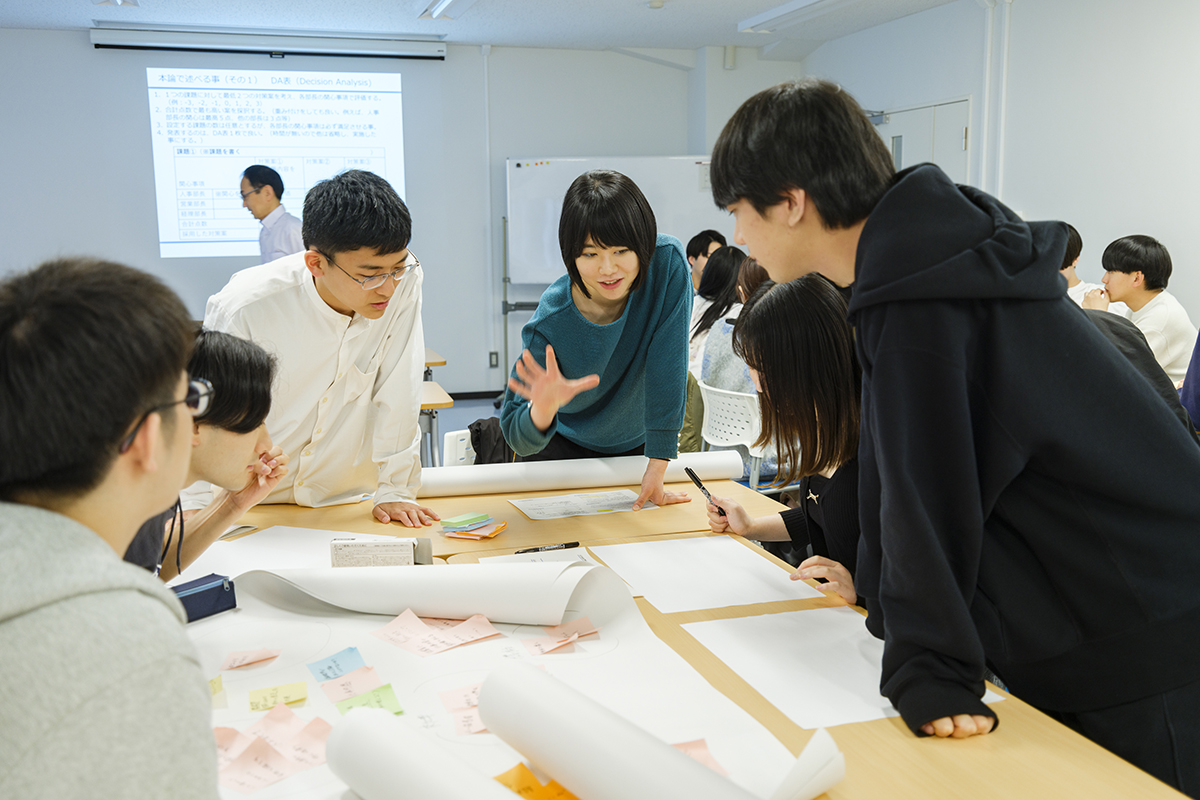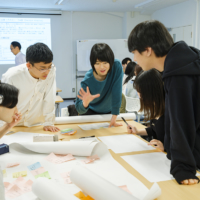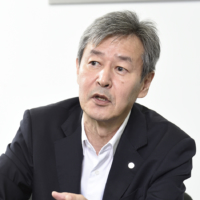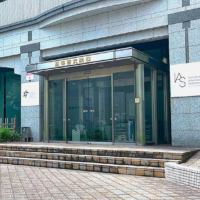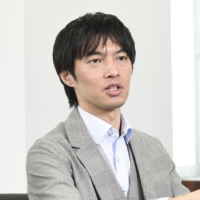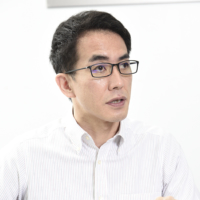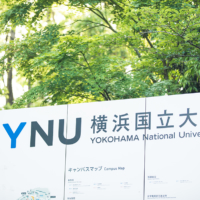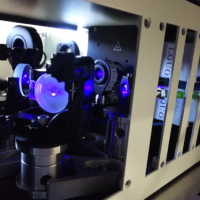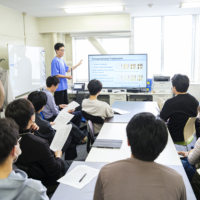Yokohama National University is strengthening its focus on developing human resources in the fields of semiconductors and quantum technology. In line with that, the university aims to create an ecosystem with stakeholders from industry, academia and the government to leverage its strengths in science and technology, as well as its convenient location in the Tokyo metropolitan area.
In a recent interview with The Japan Times, YNU’s president and two professors spoke about their efforts and goals in those high-tech fields.
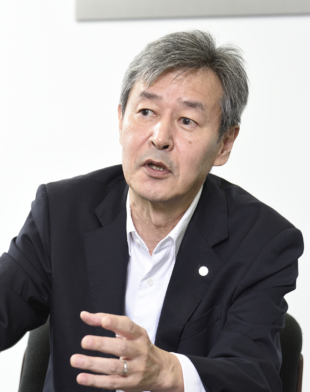
As there is a shortage of specialists in both fields, YNU President Izuru Umehara said there is an urgent need to train skilled personnel.
According to a report published by the Japan Electronics and Information Technology Industries Association last year, there will be a shortage of more than 40,000 workers in the semiconductor industry in the next decade, and 12,000 of those will be needed in the Kanto region.
This is also why YNU has been focusing on enrichment of related curricula in the College of Engineering Science. YNU also established the Interfaculty Graduate School of Innovative and Practical Studies, which aims to nurture interdisciplinary perspectives that integrate humanities and science. The IFGS links the university’s four graduate schools of international social sciences; urban innovation; environment and information sciences; and engineering science. Its purpose is to offer a framework that allows students with nonscience and nonengineering backgrounds to study semiconductor-related fields.
The university has also established the Semiconductor and Quantum Integrated Electronics Research Center as one of the five academic centers under the Institute for Multidisciplinary Sciences. The other four are the Center for Creation of Symbiosis Society with Risk; the Typhoon Science and Technology Research Center; the Research Center for Sustainability, Resilience and Well-being; and the Research Center for Next-Generation Health Technology. The SQIE serves as a base for interdisciplinary collaborations among researchers of diverse fields to accelerate research and social implementation of the technologies.
“These fields need to be studied not just for the sake of advancement in research, but for the swift implementation in society, which requires knowledge of humanities,” Umehara said.
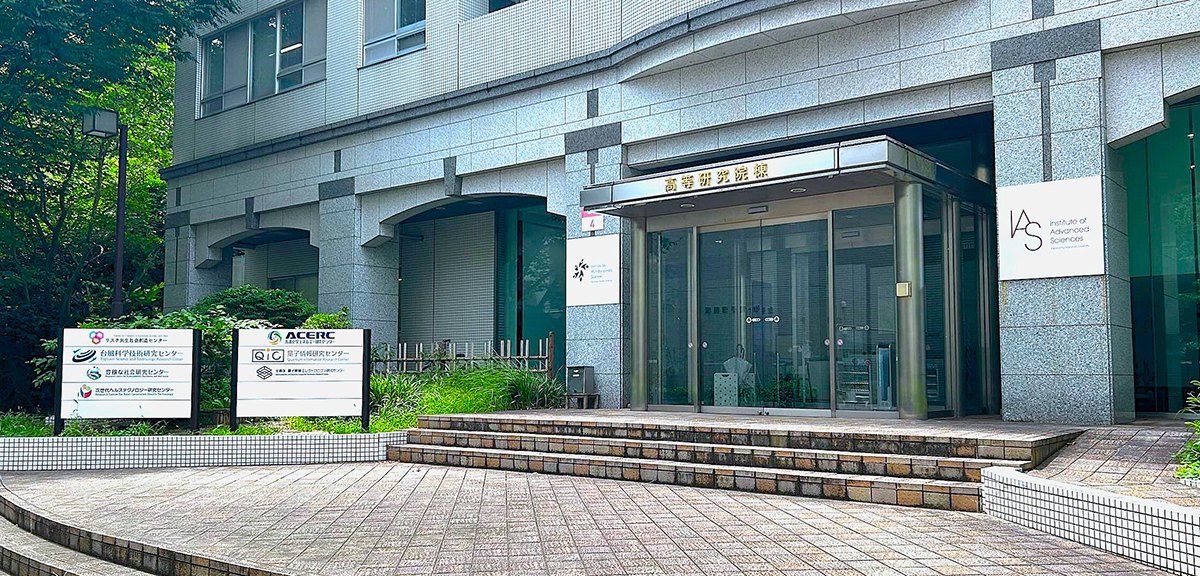
Developing human resources
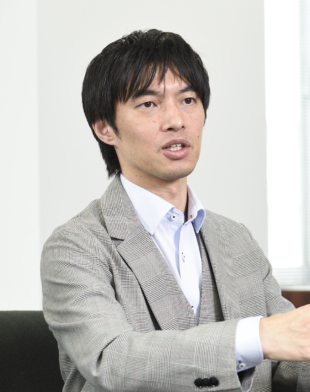
Fumihiro Inoue, vice director of SQIE, has been playing a central role in bringing about these changes in YNU to accelerate the advancement of the university’s semiconductor section for the past few years. He has engaged in research and development of the 3D packaging process of semiconductor manufacturing for about 10 years at the Interuniversity Microelectronics Centre (IMEC), an internationally acclaimed research and development hub for nanoelectronics in Belgium. The back-end process involves the interconnection, packaging and testing of semiconductors after each chip is manufactured. Upon receiving an offer from the university, Inoue, who had a strong sense of mission to nurture semiconductor-related human resources in Japan to strengthen the country, returned to Japan in 2021.
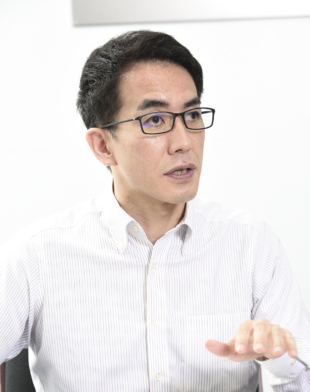
Tomoyuki Horikiri, head of the Quantum Internet Laboratory at SQIE and former researcher at the Japan Society for the Promotion of Science, the National Institute of Informatics and Stanford University, leads education and research in the field of quantum technology.
How did researchers from two different fields end up at the same research center? Umehara said that quantum computing technology requires various kinds of integrated circuits that are essentially semiconductors.
“For the future of both fields, it makes sense to put these together. Universities must try to solve urgent issues, but they also need to make decisions based on the imagination of what society will be like several decades from now,” he said.
“In the context of quantum information and quantum communication, it is important to learn various concepts of semiconductors, including chiplet technology,” Horikiri said. Chiplets are small chips with diverse functions designed to be assembled on an interposer. He explained that quantum technology shares the same challenge with the field of semiconductors when it comes to social implementation, which is the continuous pursuit of more efficient integration technology.
Inoue said the limits of chip miniaturization are already becoming apparent, which is why the importance of advancing the packaging process has been increasing because it offers alternative solutions to achieve desired chip sizes, speeds and functions. “But there are also limits to what the packaging process can do,” he said, explaining that the research of quantum computing is important in improving speed even if chips themselves stop evolving.

Major hub in Kanto
With those new curricula and institutes in place, Inoue said he wants to make YNU a major hub for semiconductor workforce development and 3D packaging research in the Kanto region. There are many chip-related companies in Yokohama, the capital of Kanagawa Prefecture. For example, Ulvac, a former vacuum device maker now operating in the semiconductor sector, is in Chigasaki. Samsung meanwhile has established a new research institute dedicated to packaging processes in Minato Mirai, Yokohama’s coastal district. And semiconductor material company Resonac has a similar research center in Kawasaki.
“This is a welcome trend and as a national university in the area, we have every reason to support them,” Inoue said.
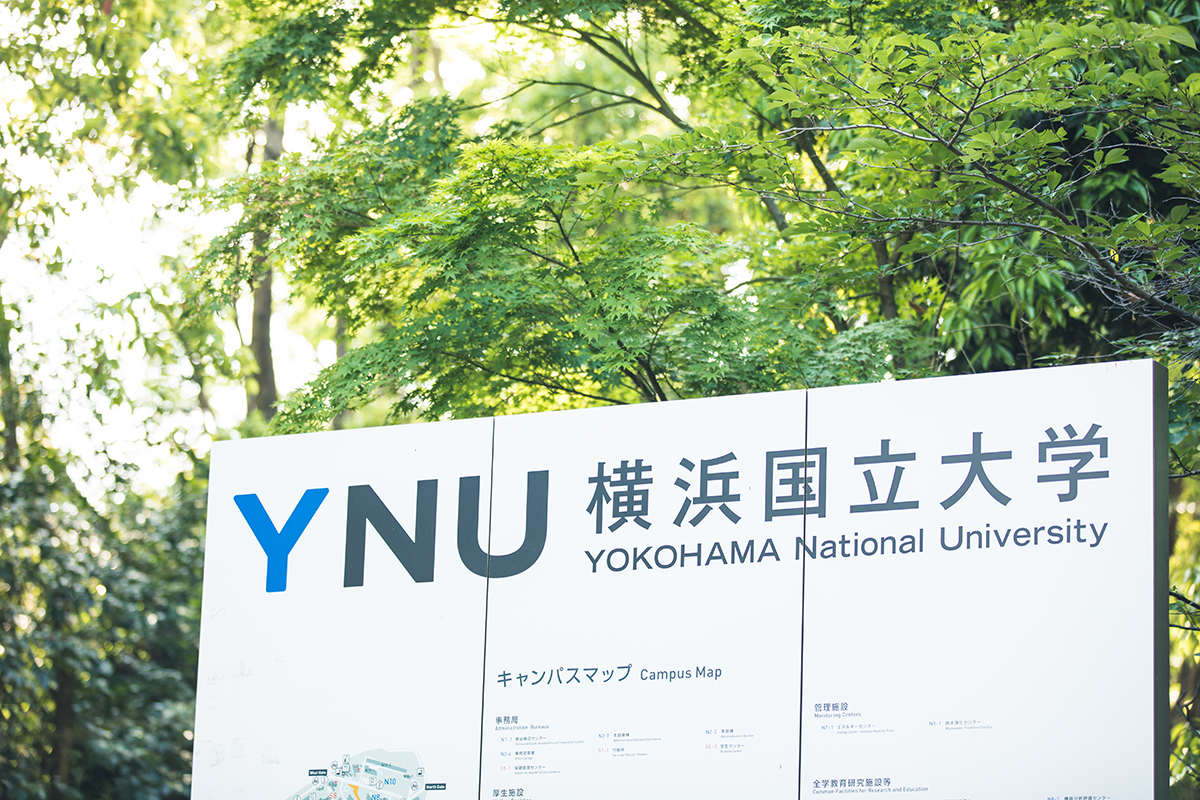
But he also pointed out the problem of corporate research centers working individually.
“The key to the success of IMEC was its concept of open innovation. It is clear that there are limits to what one company can do independently; we need an ecosystem composed of multiple stakeholders to bring about innovations,” he said, emphasizing that such an ecosystem should be led by a university that can be a fair and neutral party whose interests are dedicated to society.
Some of the ongoing joint research projects already involve multiple companies that are among the 70 members of the 3D Heterogeneous Integration Alliance, a consortium headed by Inoue that aims to revitalize the semiconductor industry.
Various collaborations are also taking place in the field of quantum technology, including quantum computers and quantum communication, which the government is starting to push. Horikiri said it is indispensable to engage various companies to accelerate research, development and experiments. That is why Lquom Inc. was founded in 2020 with support from the university to develop quantum communication systems and other related technologies. Horikiri, a founding member of the company, said Lquom has made it easier and faster to collaborate with other companies.
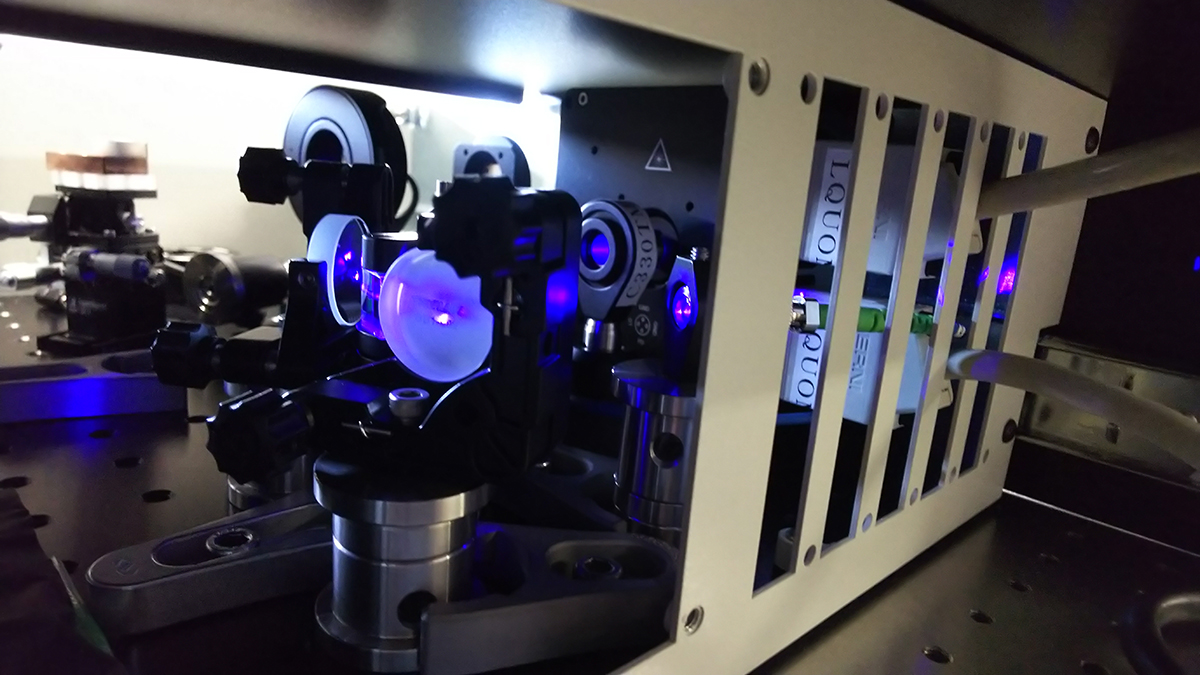
The company is also contributing to the development of human resources in the field. In the 2010s, quantum researchers received little public funding due to shrinking expectations, Horikiri explained. This led to a dearth of young specialists who would have been playing leading roles in the field today.
Lquom is promoting the full-time employment of doctoral students and providing an environment where they can build their careers while engaging in research and development. The CEO is a YNU alumnus who completed a doctorate in 2022.
Umehara said YNU graduates at Lquom are equipped with not only technical knowledge, but also entrepreneurship. “Now that we have a place for both business and research, I believe that more students will choose to proceed to doctoral courses,” he said.
Behind the idea of fostering motivated young researchers was what happened 10 years ago between Umehara, who was a professor at the time, and Horikiri, who was a young and talented researcher. “He gave me his own laboratory,” Horikiri said.
“It was a 100-square-meter laboratory. I was confident that he would be a leading researcher of quantum technologies in Japan,” Umehara said.
Horikiri recalled that this was a turning point for him, and that recognizing and fostering young researchers and creating an environment where they can maximize their abilities has always been one of his most important missions ever since.
Support from other sectors
In recent years, the business community has been showing interest in Lquom as well as how YNU is linking the fields of quantum computers with semiconductor technologies to promote their mutual growth.
For example, Macnica, a Yokohama-based semiconductor company, is an investor in Lquom. “This is a sign that there are companies that see the future supported by the deeper connection between quantum technologies and semiconductors,” Horikiri said.
Public support and funding for quantum research that almost died out a decade ago is also coming back. Currently, Lquom is subsidized by the governmental New Energy and Industrial Technology Development Organization under the Deep-Tech Startups Support Program.
“The field of quantum technology is still in a much earlier stage than the semiconductor field, where we need to improve the performance of each element. More time is needed before it is implemented in society. That is why I think there is a possibility for Japan to lead the world in this field if we focus on it now,” Horikiri said.
The next phase will involve international collaboration. Horikiri touched on the importance of field experiments in areas where fibers are installed. “There are experimental sites in various parts of the world, and we are starting to communicate with players near those sites, which are mainly in Europe,” he said.
In semiconductors, YNU is preparing to sign a dual degree agreement with KU Leuven in Belgium. KU Leuven, a university with a history of almost six centuries, has a close relationship with IMEC, which is in the same city. Currently, two students who belong to Inoue’s lab are staying at IMEC through a study abroad program called Tobitate provided by the education ministry.
“We are aiming to further enhance such international collaborations in the future,” Inoue said.
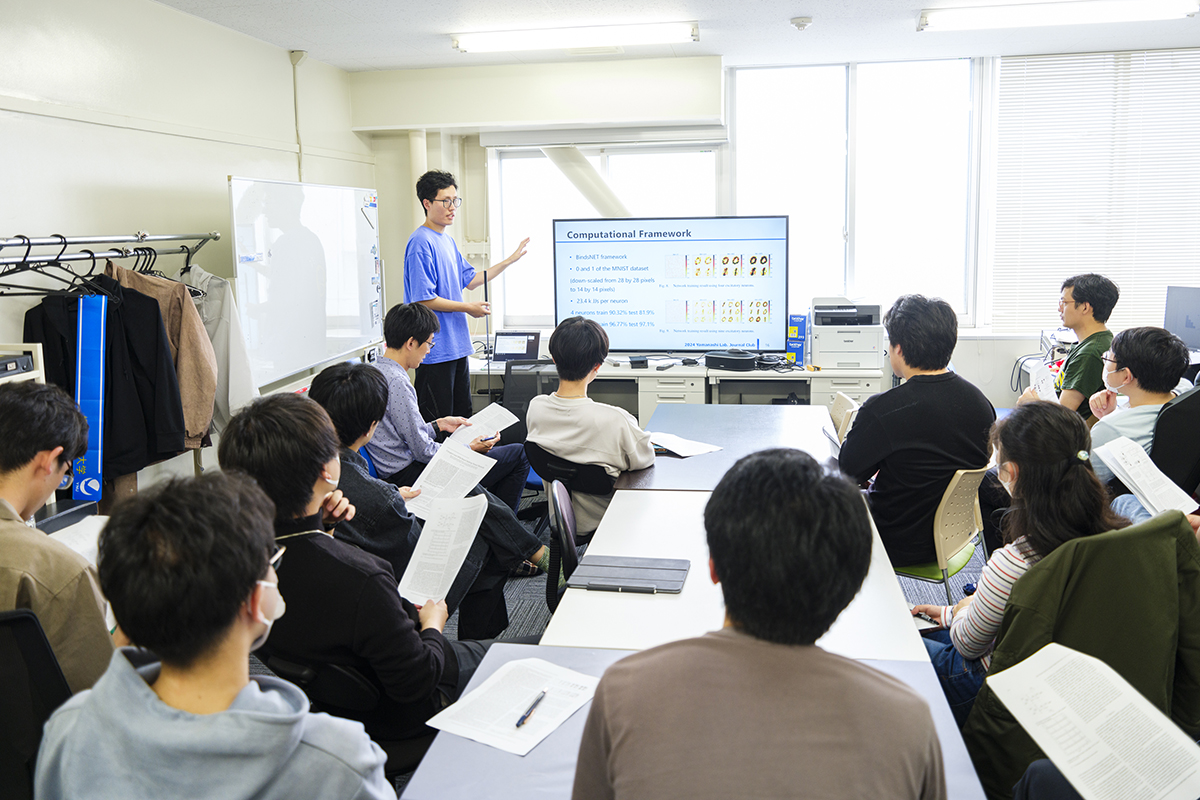
This article is sponsored by Yokohama National University.
Yokohama National University

Address: 79-5 Tokiwadai, Hodogaya-ku, Yokohama-shi, Kanagawa 240-8501
Phone: +81-45-339-4454
E-mail: [email protected]
URL: https://www.ynu.ac.jp/english/about/advanced/



